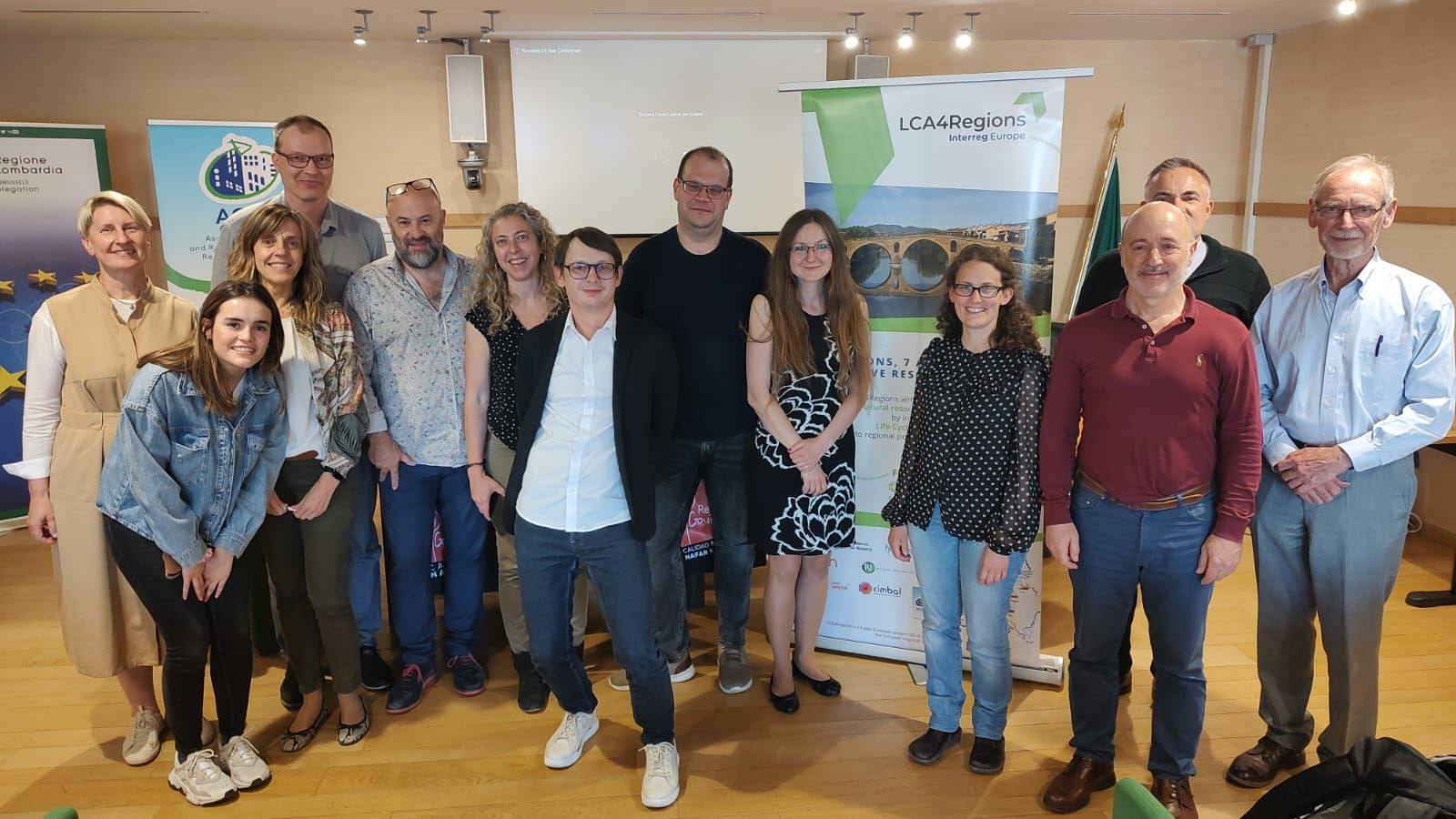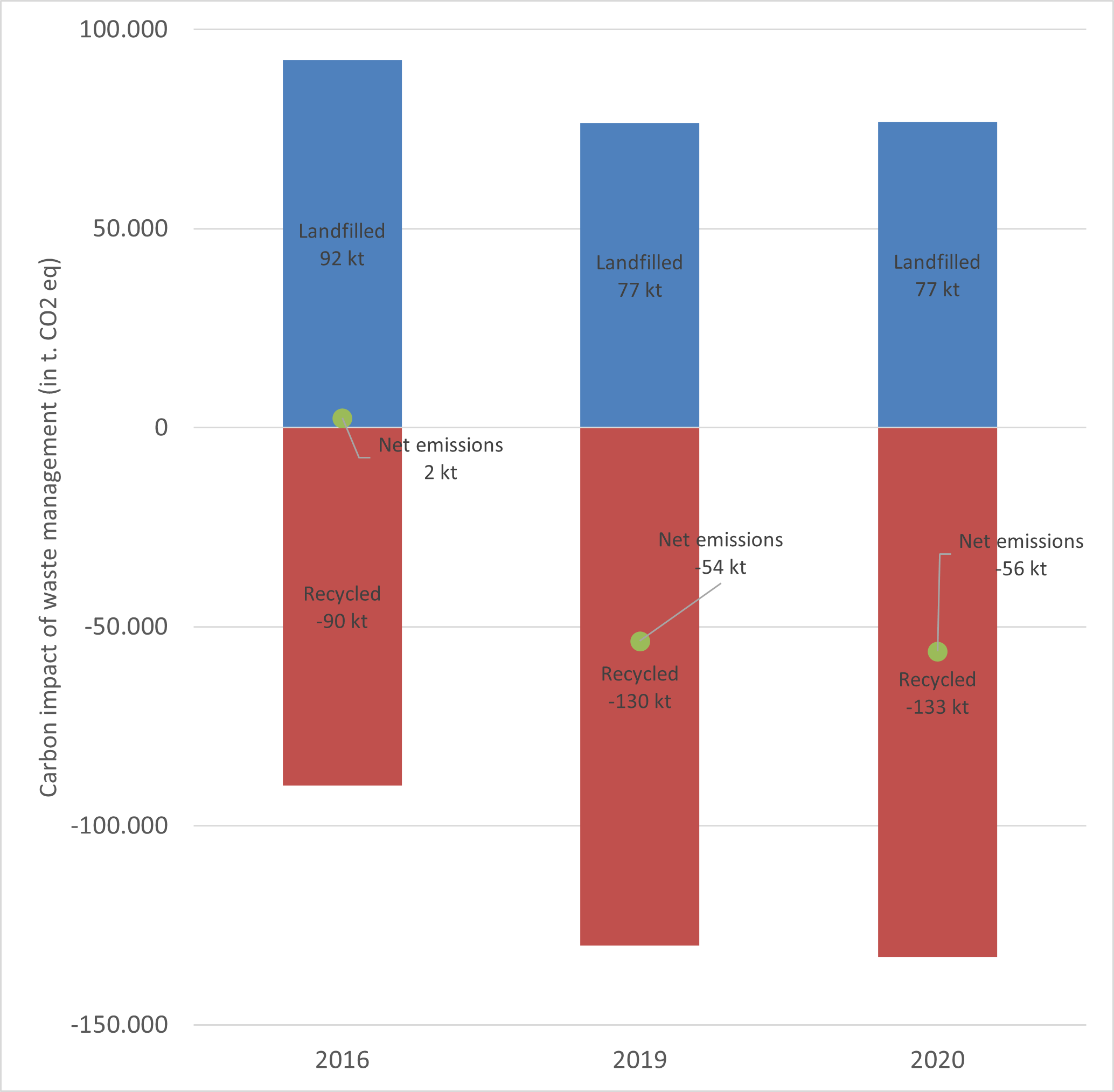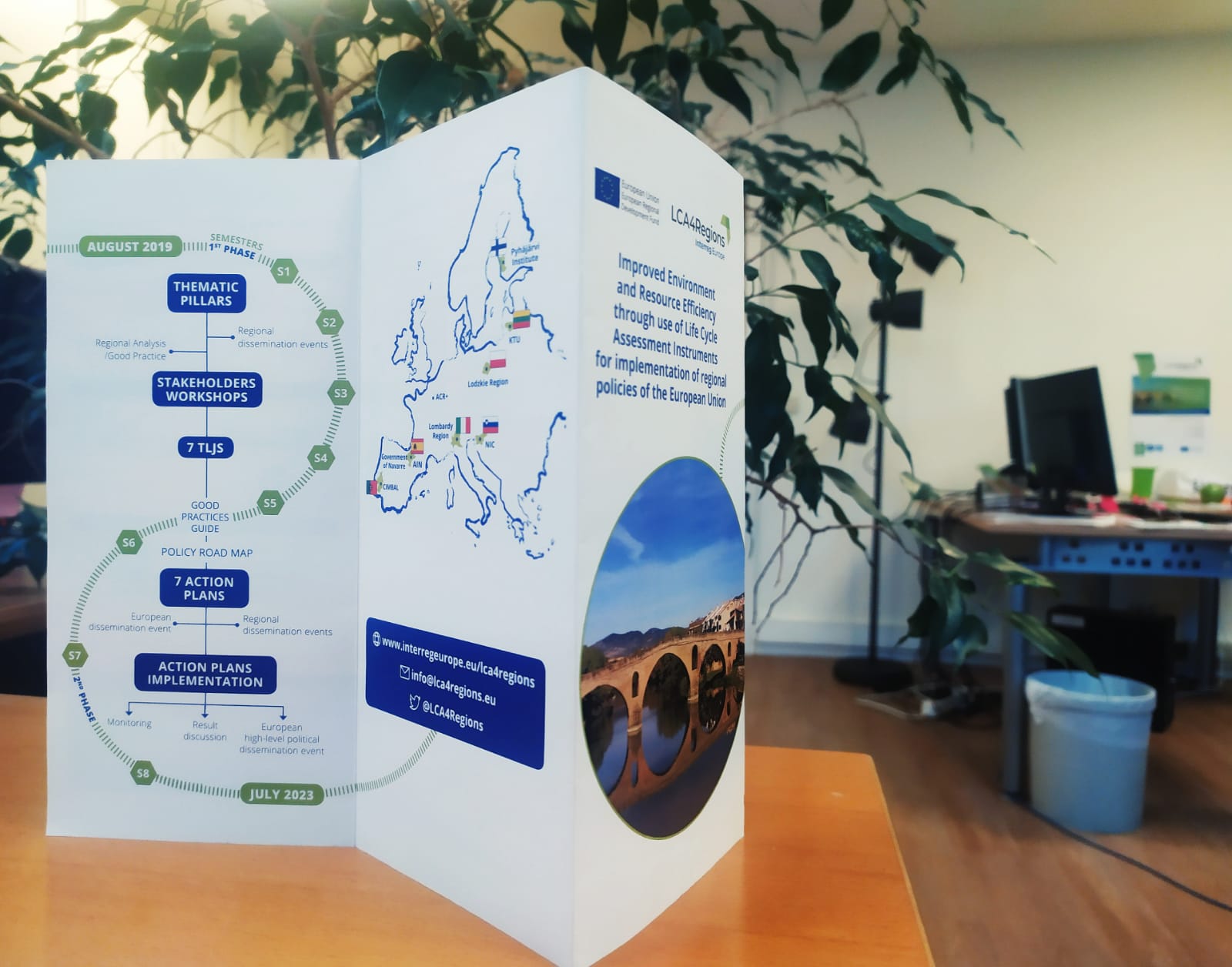For the 9th year in a row the Forum for Sustainability in Life Cycle Innovation (FSLCI) held its international summer school to inspire and instruct professionals and administrators in the art of integrating a life cycle approach into the policy process. Several participants from the LCA4Regions project were among the 28 ‘students’ to attend this on-line event that stretched over three weeks (three afternoons per week) between 22 September and 8 October. This year’s theme was on the sustainable food chain, learning how life cycle methods can assist all the stakeholders along the food chain to collectively manage food production, processing, consumption and food waste management in a more sustainable way.
The summer school combined expert lectures, recorded webinars, discussion sessions, study assignments, quizzes and interaction on key readings. As well, participants were engaged in a project over the 3-week duration of the summer school to each design a sustainable school lunch menu based on a consideration of the life cycle of the ingredients (in addition, of course, to the nutritional value of the final meal). In view of the excellent quality of the project outcome FSLCI now intends to publish a recipe book based on the participants’ submissions.
The summer school was of particular relevance to regions interested to develop their future agricultural, industrial and food sectors along more sustainable lines. Such an initiative can, for example, use sustainable food as a tourism label, with eco-labels and eco-marketing to promote export of higher value-added food items. But regions are also significant food consumers (as for example in government canteens) and the use of life cycle considerations can lead to more sustainable choices for local food purchases, whether locally produced or imported.
The summer school will shortly be packaged as an on-line module to allow replication in other regions.
More information from FSLCI on https://fslci.org/lcss/lcss2020










